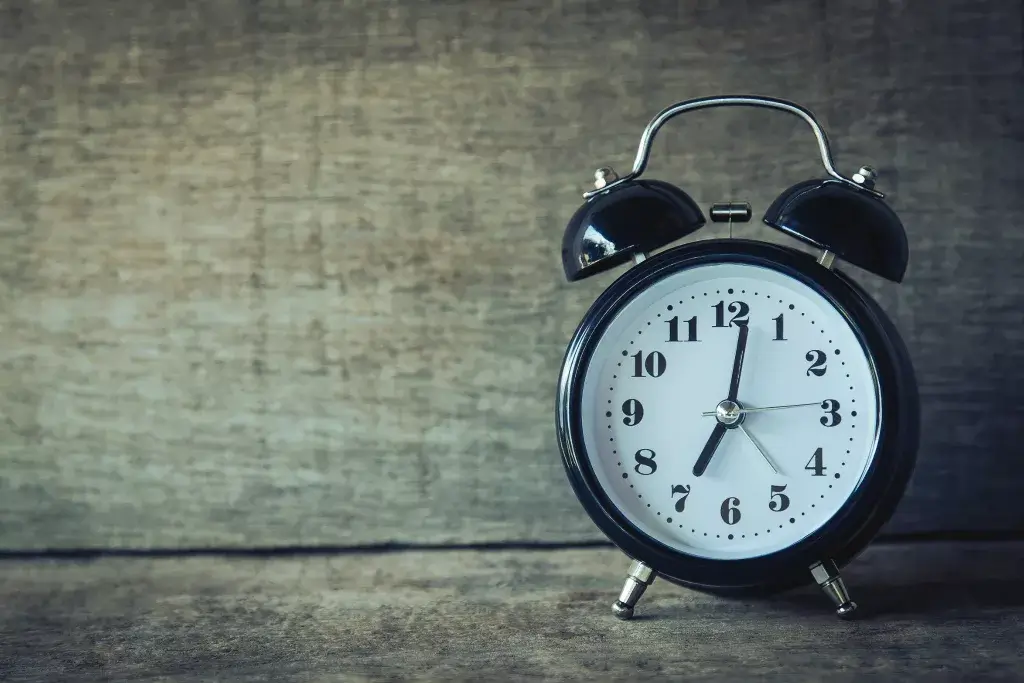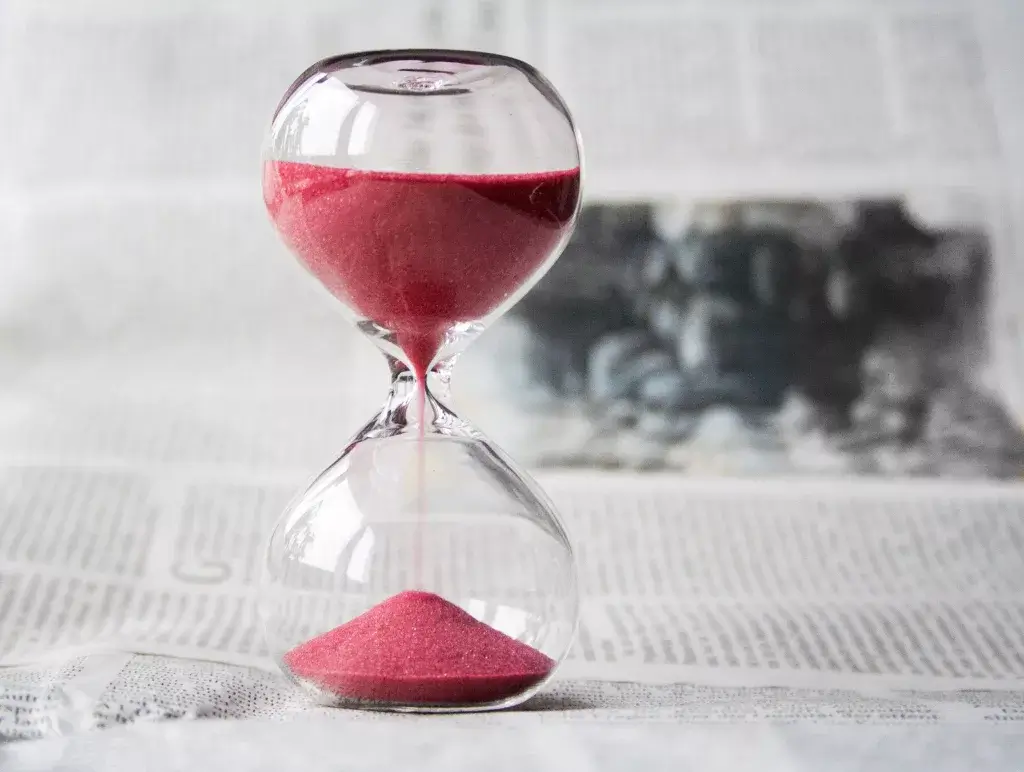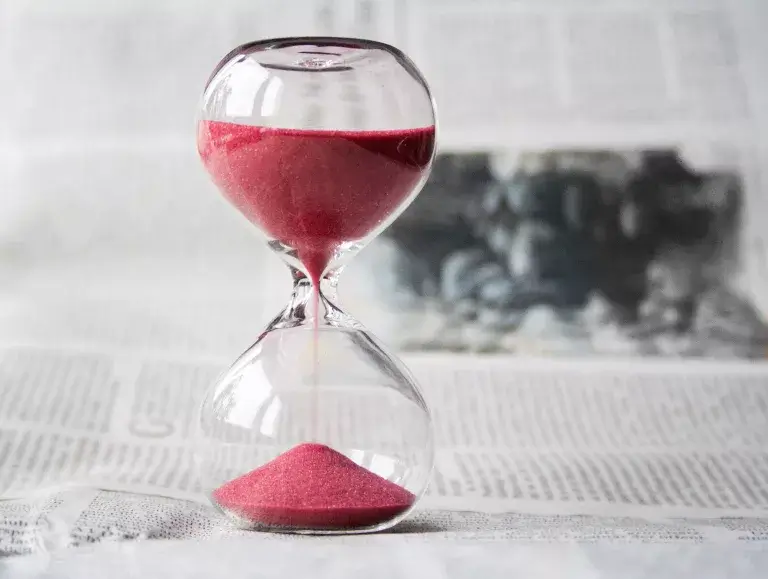Are you curious about the optimal time to exercise for maximum impact? Look no further! In this article, we will explore the fascinating science behind timing and its effect on the effectiveness of your workouts. Discover how timing can enhance your performance, boost your energy levels, and even improve your overall health. Get ready to unlock the secrets of when to exercise for the best results and achieve your fitness goals like never before!
The Science of Timing: When Is the Best Time to Exercise for Maximum Impact?
When it comes to exercise, timing can make all the difference in the world. While any physical activity is better than none at all, optimizing the timing of your workouts can help you achieve maximum impact and get the most out of your efforts. From understanding circadian rhythms to exploring the advantages and considerations of morning, afternoon, and evening workouts, this article will delve into the science behind timing your exercise routine.
Benefits of Timing Your Exercise
Timing your exercise can offer a range of benefits that go beyond just physical fitness. Research suggests that the time of day at which you choose to work out can affect factors such as energy levels, mood, and overall performance. By aligning your exercise routine with your body’s natural rhythms, you can maximize the effectiveness of your workouts and experience greater rewards.
Understanding Circadian Rhythms
Circadian rhythms are the internal biological processes that regulate our sleep-wake cycles and various bodily functions. These rhythms are influenced by external cues, such as light and darkness, and play a key role in determining our body’s optimal performance at different times of the day. By understanding your own circadian rhythms, you can better tailor your exercise routine to maximize its impact.

Morning Workouts: Exploring the Early Bird Advantage
For many people, morning workouts offer a range of advantages. First and foremost, exercising in the morning allows you to kickstart your metabolism and increase the calorie burn throughout the day. Additionally, morning workouts can give you a sense of accomplishment and boost your mood, setting a positive tone for the rest of the day. Furthermore, research suggests that morning workouts may improve sleep quality, as physical activity in the morning can help regulate circadian rhythms and promote better sleep patterns.
Afternoon Workouts: The Midday Energy Boost
If you find yourself lacking energy and motivation during the afternoon slump, fitting in a workout can be a game-changer. Research shows that afternoon workouts can provide a much-needed energy boost and enhance cognitive function, making them an excellent choice for those looking to stay productive and focused throughout the day. Additionally, your body’s core temperature is at its highest during late afternoon, which can improve muscle function and flexibility, leading to better overall performance.

Evening Workouts: Harnessing the Power of the Night
For night owls, evening workouts may be the optimal choice. Engaging in physical activity in the evening can help reduce stress and tension accumulated throughout the day, allowing you to unwind and promote better sleep quality. Additionally, research suggests that evening workouts can increase muscle strength and endurance, as our bodies tend to be at their peak performance levels during this time. It’s important to note, however, that vigorous exercise too close to bedtime may have a stimulating effect, so it’s essential to find the right balance that works for you.
The Myth of the ‘Best’ Time: Individual Differences
While understanding the potential advantages of different workout timings is important, it’s crucial to recognize that there is no universally “best” time to exercise. Each individual has their own unique circadian rhythm and lifestyle factors that should be taken into consideration when determining the optimal exercise time. Pay attention to how your body responds to different workout timings and adjust accordingly to find what works best for you.

Considerations for Different Types of Exercises
The type of exercise you engage in can also influence the optimal timing for maximum impact. For cardiovascular exercises, such as running or cycling, many individuals find that morning workouts are preferable, as the increased metabolism and elevated heart rate early in the day can help burn calories and get a head start on weight management. On the other hand, strength training exercises often benefit from later workouts, as our muscles are more warmed up and flexible, reducing the risk of injury.
Optimizing Performance and Recovery
To optimize your performance during workouts, it’s important to consider factors such as warm-up exercises, timing of meals, and proper hydration. Warm-up exercises help prepare your muscles for the rigorous activity to come, reducing the risk of injury and improving overall performance. Timing your meals and ensuring proper hydration can also provide the necessary energy and nutrients to fuel your workouts and aid in post-exercise recovery.
The Influence of Nutrition and Hydration
In addition to timing your exercise, paying attention to your nutrition and hydration can further enhance the impact of your workouts. Consuming a balanced diet that includes the right macronutrients and micronutrients is essential for providing your body with the energy it needs to perform optimally. Similarly, staying properly hydrated before, during, and after exercise can improve physical performance, prevent dehydration, and aid in recovery.
Conclusion and Key Takeaways
The science of timing in exercise is a complex and individualized field. While there may not be a universal “best” time to exercise for maximum impact, understanding your circadian rhythms and personal preferences can help you tailor your workouts to achieve optimal results. Whether you’re an early bird, a midday energizer, or a night owl, finding the right time to exercise can make a world of difference in your fitness journey. Remember to listen to your body, experiment with different timings, and prioritize consistency to reap the many benefits of timing your exercise routine.

